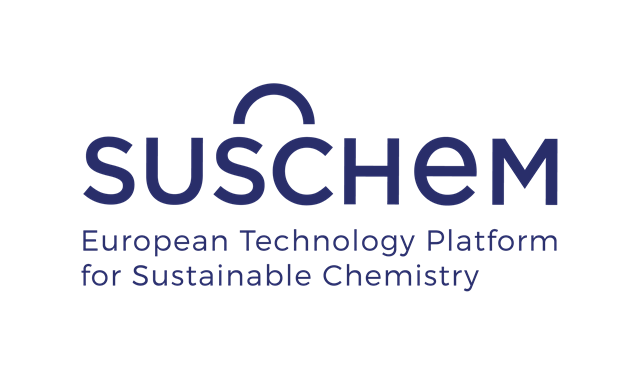The BTS project sought to assess the potential to replicate the cost, quality and efficiency benefits of large-scale continuous production in modular, flexible, small-scale container-based production units. In demonstrating a sequence of synthesis stages in a container environment, BTS also integrated a range of innovative, highly efficient process equipment solutions.
Starting from a
five stage reaction sequence with intermediate isolation, key stages of the
project included:
- chemical redesign against the paradigm shift of continuous processing
- simultaneous chemical and continuous process development
- integration of reaction and separation steps in the container unit
- demonstration of the new process in the modular F³ Factory design
Research and
development activity in the first phase of the project demonstrated significant
savings and efficiency gains with cross-project benefits for the wider F³
Factory programme.
Transfer of the
chemical synthesis to an intensified fully continuous process led to a
significant reduction in processing steps, reaction time and the amount of solvent
used.
BTS operated the
process sequence successfully for several days at bench scale, confirming the
assumed benefits of the F³ Factory approach in terms of impact on footprint,
resource consumption, continuous monitoring and process operability. Key
benefits identified to date include:
- reduction in starting material costs (average 15% depending on transformations involved)
- increase in space time yield (up by factors >100)
- significant reduction in both reaction and processing time
- simplified work up processes due to elimination of intermediate isolation and purification stages
- unification of solvents and reduction in consumables
- reduction in equipment size
- reduction in design and installation costs (up to 30% depending on transformations involved)
- reduction in apparatus cost (approximately. 30% depending on intensification of the specific modules)
Modular, flexible
production
This was the first
industrial case study to be demonstrated in the INVITE backbone facility (see above), and
therefore the BTS project led the way in establishing standards for process
equipment assemblies (PEAs), the Process Equipment Container (PEC) and its
integration with the backbone infrastructure services at INVITE.
To achieve maximum
flexibility the standardised and scalable equipment used for the development
and production phases enabled a fast and robust transfer from research to
production in line with the development time line and with minimal effort.
Modular PECs
can provide the required production capacity throughout the full product
life-cycle. In addition, standardised chemical and physical processing PEA
units can allow faster implementation of new manufacturing strategies in the
highly regulated environment of pharmaceutical production.
In the latter
stages of the project, BTS successfully demonstrated synthesis steps 1 and 2 in
the case study’s PEC at the INVITE backbone facility.
The technological
and economic benefits demonstrated through this case study provide a platform
for the introduction of new technologies, production concepts and process
equipment solutions for the European pharmaceutical manufacturing sector.
More information
For more
information visit the F3 Factory Project website.


No comments:
Post a Comment
Please post your comment here. Please note that this newsblog is not moderated.
Note: only a member of this blog may post a comment.